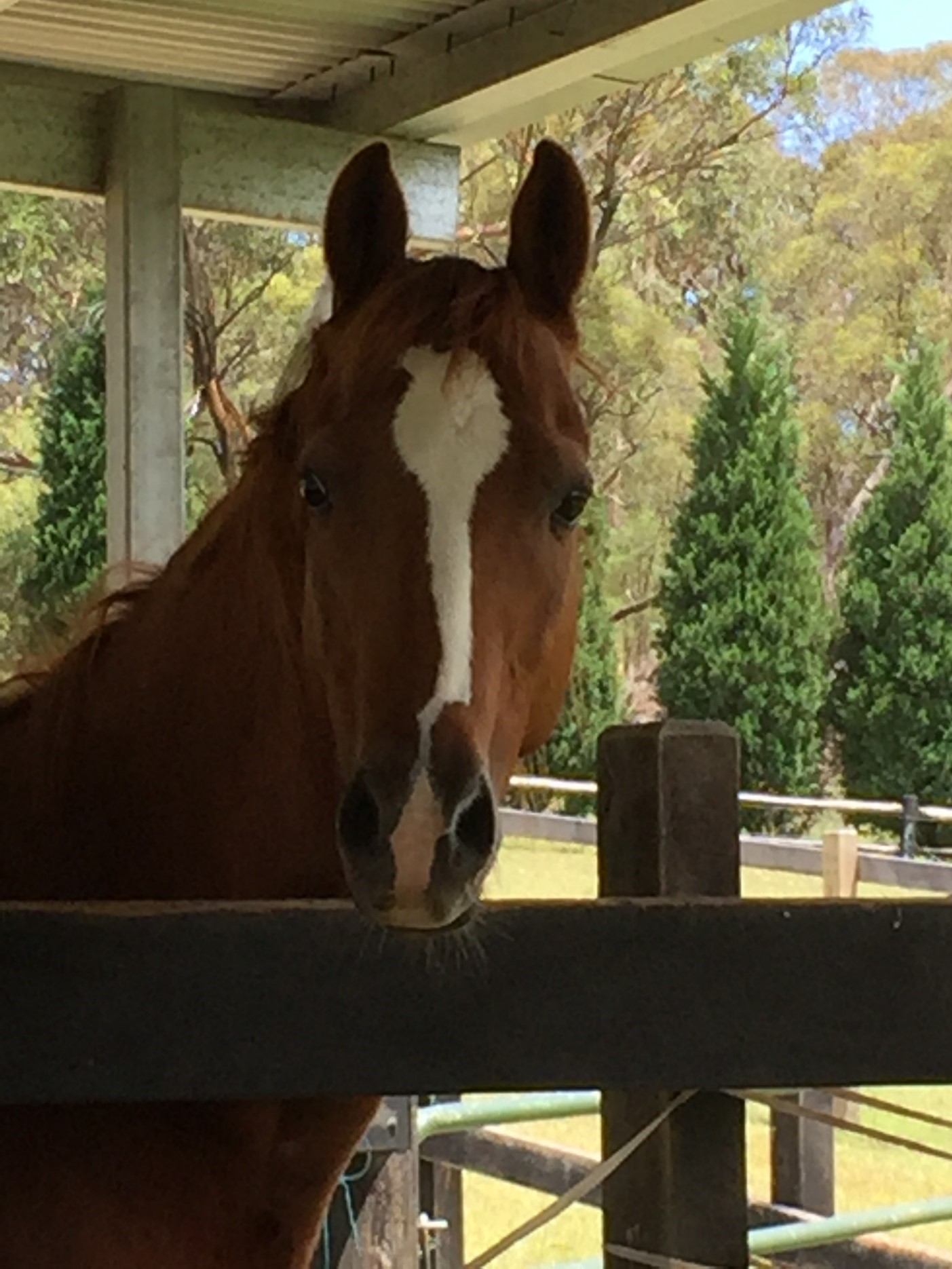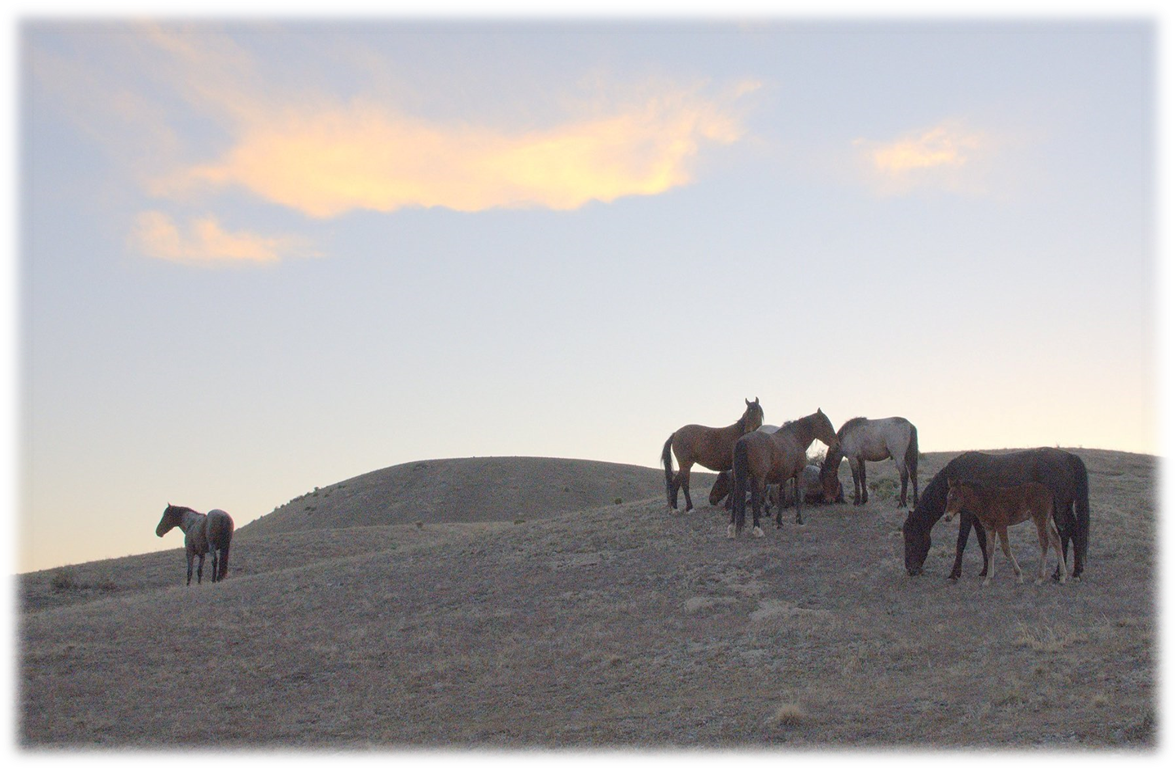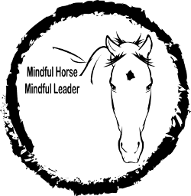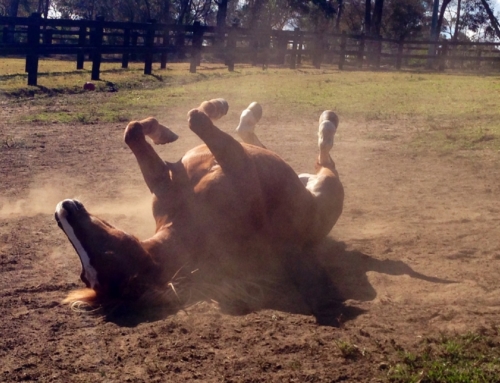
Observe & Alert: The Sentinel’s Perspective
As we continue our journey navigating the challenge of a novel disease induced pandemic, I have been considering the importance of leadership through the lens of “The 5 Roles of a Master Herder”, Linda Kohanov’s model for socially intelligent leadership. This model is a simple yet profound guide to the skills, attributes and roles a master herder develops in order to lead, direct and connect with nomadic herds in the few cultures that still practice this lifestyle. When researching her previous leadership work, “The Power of the Herd”, Linda, founder of Eponaquest Worldwide, realized that modern leaders could learn much from these nomadic herders.
The Sentinel is a role, or skillset, often downplayed in leadership and those who have a strong preference and capability in this may be overlooked, but the perspective is critical – and has certainly come to the fore at this time.
The Sentinel scans the environment for opportunities or threats so that others can safely interact, do their job, or, in the case of a herd, graze or rest.

Well, there’s certainly been a great need to scan for both threats and opportunities as businesses pivot, retool, remodel and resize both in the immediate response to the crisis as it arose, but also now, as it continues to evolve in unpredictable ways.
The Sentinel will often step back into more of an observer role, to gain a wider perspective. This opportunity has been afforded to many as people withdrew from the workspace and adjusted to new routines. Those at the frontline of course have been in the thick of it, engaging the Sentinel’s perspective to protect “the herd”, another aspect of the role. Health professionals, emergency services, defence personnel and first responders usually have highly honed their sentinel ability. The Sentinel will also potentially alert the group to danger. We have witnessed this from healthcare professionals and the authorities here in Australia and worldwide. Who has been playing this role in your business? Good leaders will be doing this, or ensuring someone on their team is using their sentinel perspective to safeguard employees, customers and all their stakeholders in these times, scanning for opportunities as well as threats, planning for COVID-safe return to work and mapping out a way forward, as best they can, through various scenario planning, contingency preparation and potentially, culling resources for survival or sustainability.
The gifts of the Sentinel are many, especially in uncertain times. Skilled use of the Sentinel perspective results in someone engaging a relaxed yet heightened awareness of the big picture in the moment. Relaxed is the key word here: we know from neuroscience and the research into “flow” or peak state performance, that a nervous system that is too stressed or anxious, already primed for fight/flight/freeze, is not able to access this state. Too much stress results in less access to the frontal neocortex, the executive planning part of the brain. Too much relaxation though can result in heightened awareness, but no action. This can be one of the challenges for the Sentinel, especially one who does not feel heard or valued in the organization. They may see many opportunities or threats yet not act on them, sometimes deliberately if they feel they are overlooked or have not been listened to in the past. Research shows that moderate levels of stress are ideal for effective peak performance. In other words, enough stimulation to act but not enough to overwhelm or shut down cognitive function. Too much anxiety or stress, such as chronic stress, can lead to hypervigilance, something we have seen a great deal of this year. Emergency services, first responders, frontline workers are often operating from this state when there is sustained stress or trauma – such as we have experienced with bushfires and now COVID-19. This can result in loss of the big picture and a focus on problems rather than solutions. Good leaders will be on the watch for this amongst their teams and in themselves.
Another gift is the ability to alert a leader when the organization or community is losing track of its purpose. In times of crisis this can be hard to do as people are firefighting and shoring up for survival. The Sentinel perspective can help leaders and others to keep what is true in front of them, for the purpose of the company has likely not changed and making decisions at this time in line with the purpose is important. Purpose led organisations perform better, attract and retain better talent and are increasingly sought out by customers, who all now must discern wisely where they invest.
The Sentinel, in this sense, can serve as holder of the group consciousness, staying on the edge, yet attuned to the group’s life and work, keeping its welfare in heart and mind. If this is not well-adapted however, the challenge can be that the Sentinel seems aloof, detached and focused on group needs at the expense of individual desires. Many of our community leaders may be bearing the brunt of this now, as individuals plead for exceptions, to visit loved ones, to attend funerals, to cross borders. Another challenge can be that some will prefer to “shoot the messenger”, of which we are witnessing many examples in the public forum. Is this happening in your organization?
Skillful and balanced use of the Sentinel, along with the other roles required for leaders can result in shrewd observation, big picture thinking and solutions focused creativity along with an ability to foster calm amongst the group. Those who overindulge their inner Sentinel can fail to act, fail to be heard or to influence and may swing to hypervigilance which in turn can lead to “the boy who cried wolf” syndrome as the person is labelled an alarmist.
Consider where you can apply more of the Sentinel perspective to navigate these times, or who in your team has well developed skills in this and can bring their full potential to the group’s benefit.
If you’d like to try a quick and simple assessment to see which of the roles are your predominant preferences, visit https://masterherder.com/professional-assessment/ The instructions for taking and scoring the assessment are there. If you’d like to talk about how you might benefit from coaching in socially intelligent leadership, either online or in person with the horses, contact me at judy@mindfulhorsemindfulleader.com or via Linked In messaging.
Calmness, Connection, Compassion…one breath at a time.


Leave A Comment